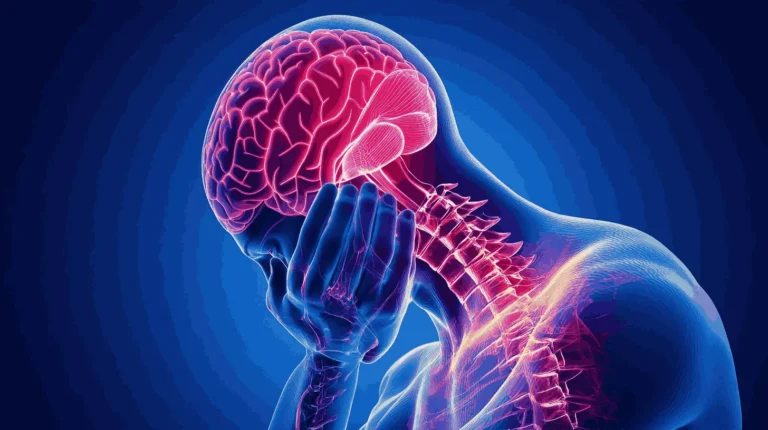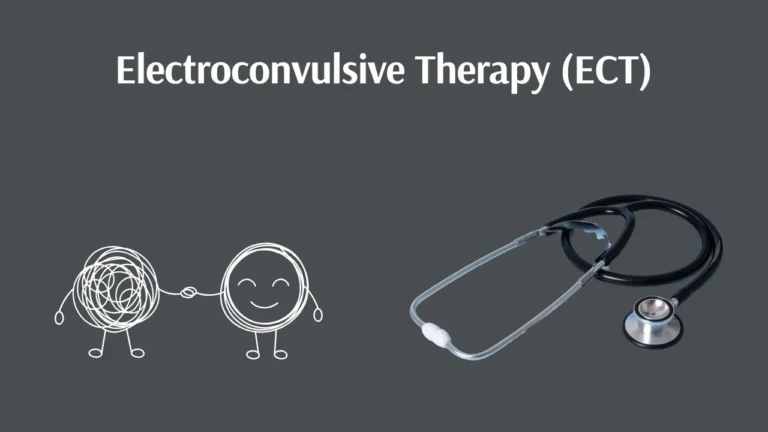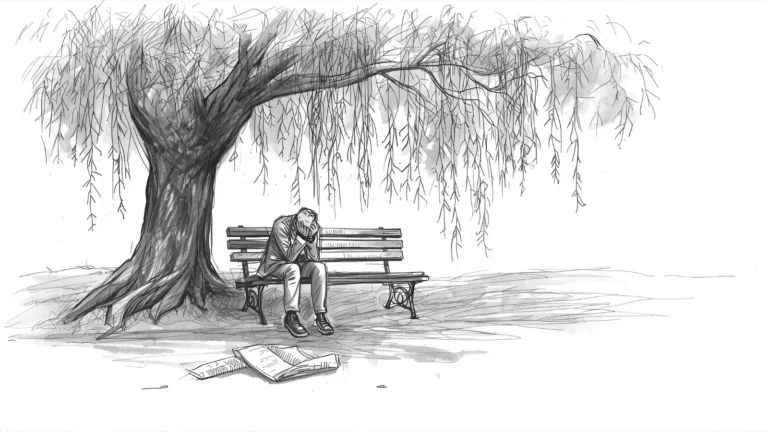Mental Health Support Group
The Power of Peer Support Groups
Mental health is a universal concern that transcends borders, cultures, and socioeconomic statuses, affecting people from all walks of life. According to the World Health Organization (WHO), approximately 970 million people worldwide were living with a mental disorder in 2019, highlighting the widespread nature of this issue. Among these disorders, anxiety and depression were identified as the most prevalent, impacting millions of people globally.
In the United States alone, data from 2021 reveals that 22.8% of adults experienced some form of mental illness, which translates to over 57 million people facing challenges related to their mental health. This significant number underscores a vital need for increased awareness, improved access to services, and ongoing support for those affected by mental health conditions.
Cultural and Socioeconomic Influences on Mental Health
Cultural beliefs and socioeconomic factors play a significant and complex role in shaping how mental health is perceived, understood, and addressed across different societies. For example:
In many Asian cultures, there is considerable stigma attached to seeking psychological or psychiatric support.
This stigma often stems from cultural values that emphasize:
These values may discourage individuals from:
- Discussing mental health struggles openly
- Seeking professional help
As a result, people may:
Socioeconomic Influences on Mental Health
Socioeconomic disparities significantly impact access to mental health care and resources.
Individuals from lower socioeconomic backgrounds often face barriers such as:
These challenges disproportionately affect marginalized populations, leading to:
Additional economic stressors such as unemployment, housing instability, and food insecurity increase vulnerability.
Importance of Understanding These Influences
Recognizing the complex interplay between cultural norms and socioeconomic status is crucial.
Developing effective, culturally sensitive interventions can help:
Let’s Talk About Mental Health
You’re not alone. Support groups and honest conversations help break the stigma and bring healing to everyone.
If you or someone you know could use this support, contact me for more info. Let’s build a caring community together.
The Silent Struggle: Barriers to Seeking Help
Many people with mental health issues don’t get the help they need. More than half of those diagnosed never receive treatment. Here are some major barriers:
Breaking down these barriers is vital for making mental health care accessible, affordable, and welcoming for everyone. This helps create a more supportive and understanding community.
The Efficacy of Support Groups in Recovery
Support groups have become a vital resource for individuals facing mental health challenges. Research shows that peer support is linked to improved health outcomes, including increased happiness, higher self-esteem, and better coping skills, as well as reduced depression, loneliness, and anxiety. These groups offer a sense of community and understanding, which is essential for recovery.
In addition, support groups provide a safe space where individuals can share their experiences without fear of judgment. This openness fosters a sense of belonging and helps members realize they are not alone in their struggles. The shared stories and advice from peers often offer practical strategies that complement professional treatment. Additionally, the regular meetings and accountability help maintain motivation and commitment to recovery goals. Overall, support groups play a crucial role in promoting sustained mental health and well-being.
Introducing Our Online Mental Health Support Group
In response to the pressing need for inclusive support, we have established an Online Support Group. This group is a safe and welcoming space for anyone dealing with health challenges, including but not limited to:
And other mental health concerns
Meeting Details:
This peer-led group aims to foster a supportive community where individuals can share experiences, offer encouragement, and learn coping strategies.
Let’s Talk
You’re not alone. Support groups and honest conversations help break the stigma around mental health and bring healing to everyone.
If you or someone you know could use this support, contact me for more info. Let’s build a caring community together.




